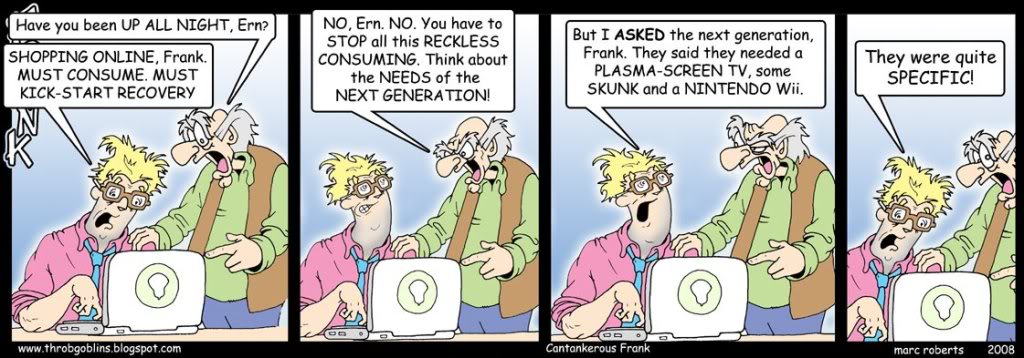
by Shaun Chamberlin | Dec 13, 2008 | All Posts, Cultural stories, Philosophy, The Transition Timeline, Transition Movement
“A person will worship something, have no doubt about that. We may think our tribute is paid in secret in the dark recesses of our hearts, but it will out. That which dominates our imaginations and our thoughts will determine our lives, and our character....
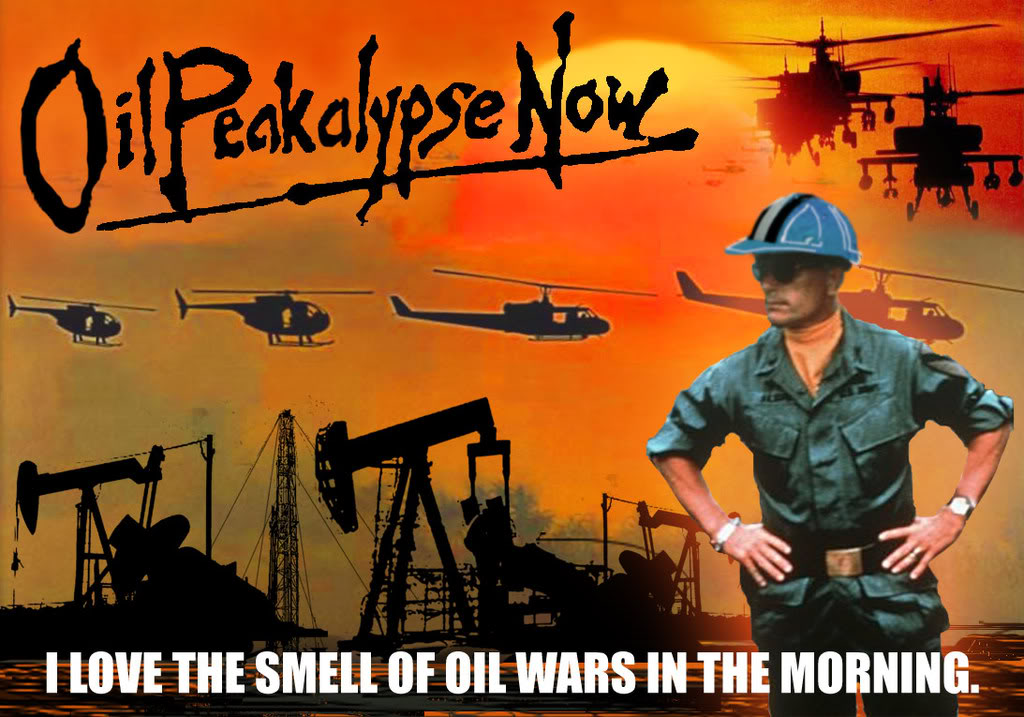
by Shaun Chamberlin | Nov 10, 2008 | All Posts, Cultural stories, Peak Oil, Reviews and recommendations
Despite the cute hypothesis that in doing so I risk damning the human race to eternal underachievement, I’m going out on a limb today and encouraging computer gaming. I fancy the entertainment value of Oiligarchy might just do as much to shift the cultural...
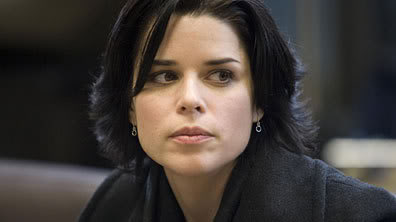
by Shaun Chamberlin | Jul 27, 2008 | All Posts, Climate Change, Cultural stories, Peak Oil, Politics, Reviews and recommendations
I have just watched the BBC’s outstanding thriller Burn Up, starring Rupert Penry-Jones, Marc Warren, Bradley Whitford and Neve Campbell (trailer available here). It is a dramatic account of the intrigue, betrayal, sex and violence surrounding characters in the...
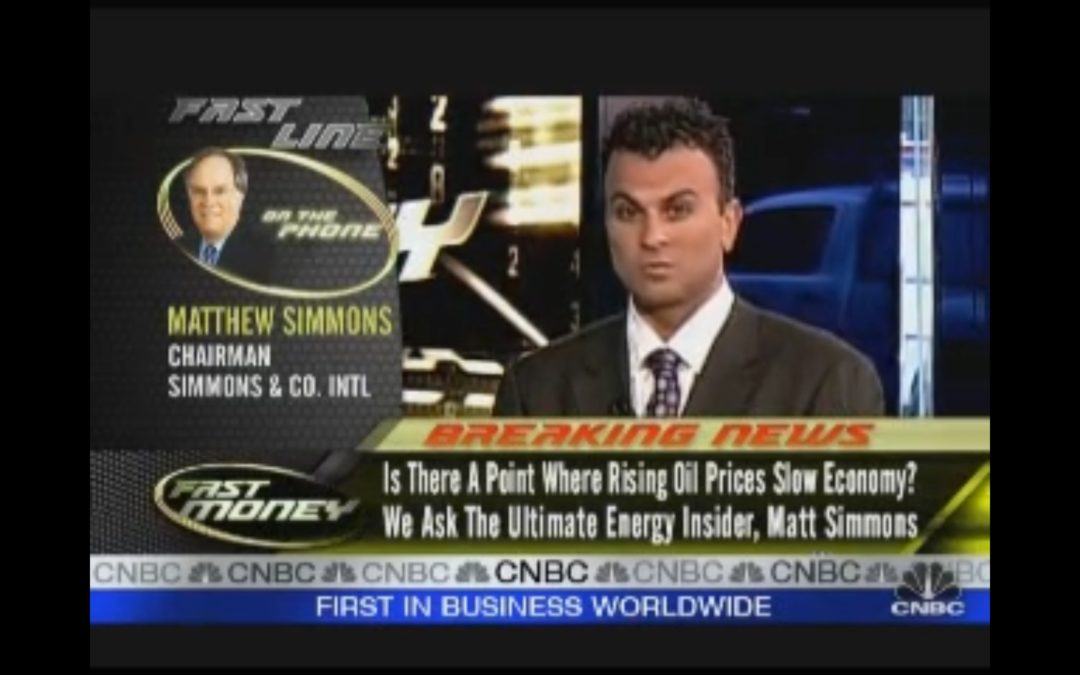
by Shaun Chamberlin | Jul 17, 2008 | All Posts, Cultural stories, Peak Oil
Thanks to the Oil Drum‘s Peak Oil Media Watch I recently came across this fascinating video clip from the “Fast Money” programme on American business news channel CNBC. In the extract the studio panel are discussing the rise in oil prices and –...
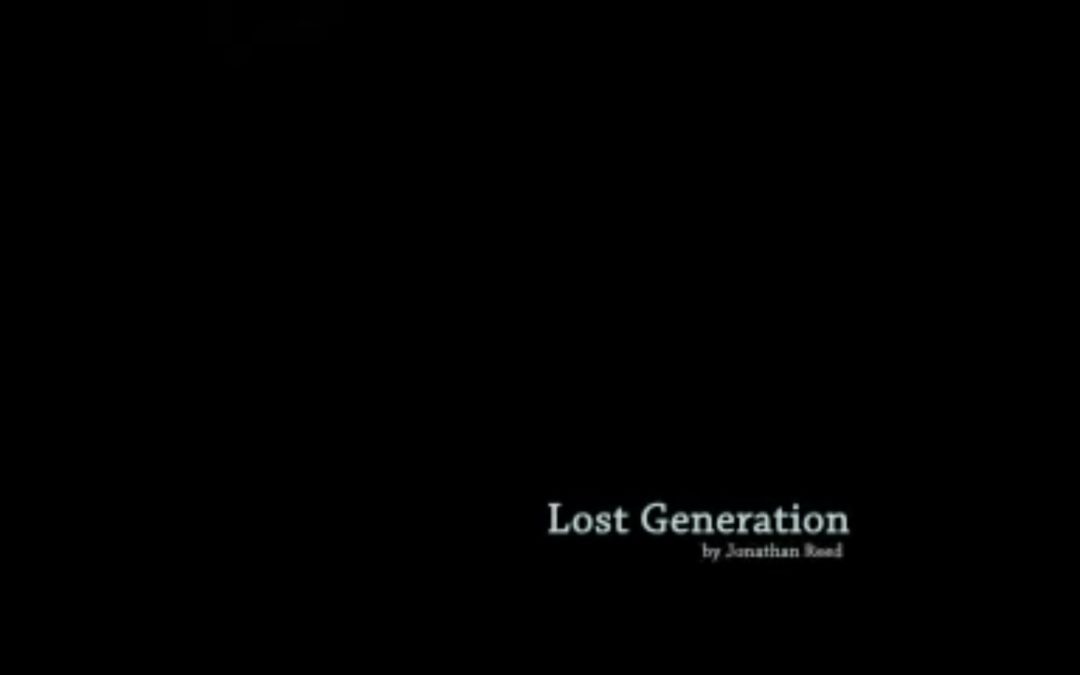






Recent Comments